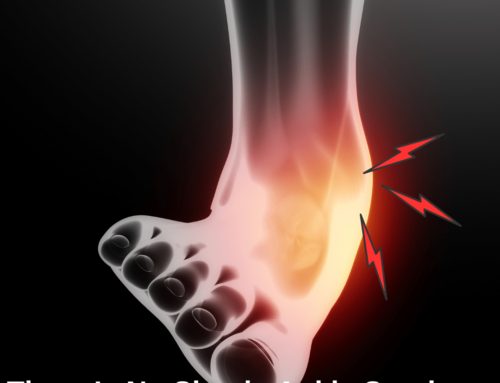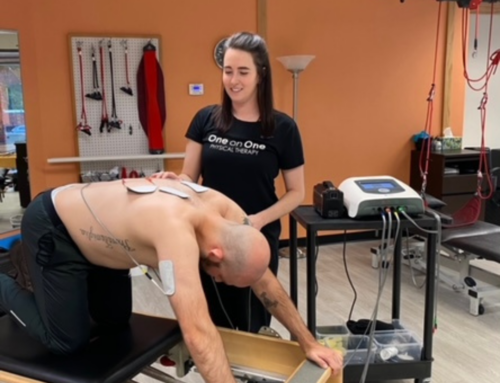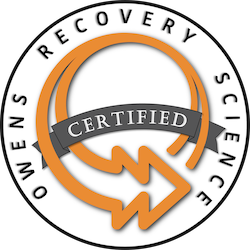Eating for the Holiday Season
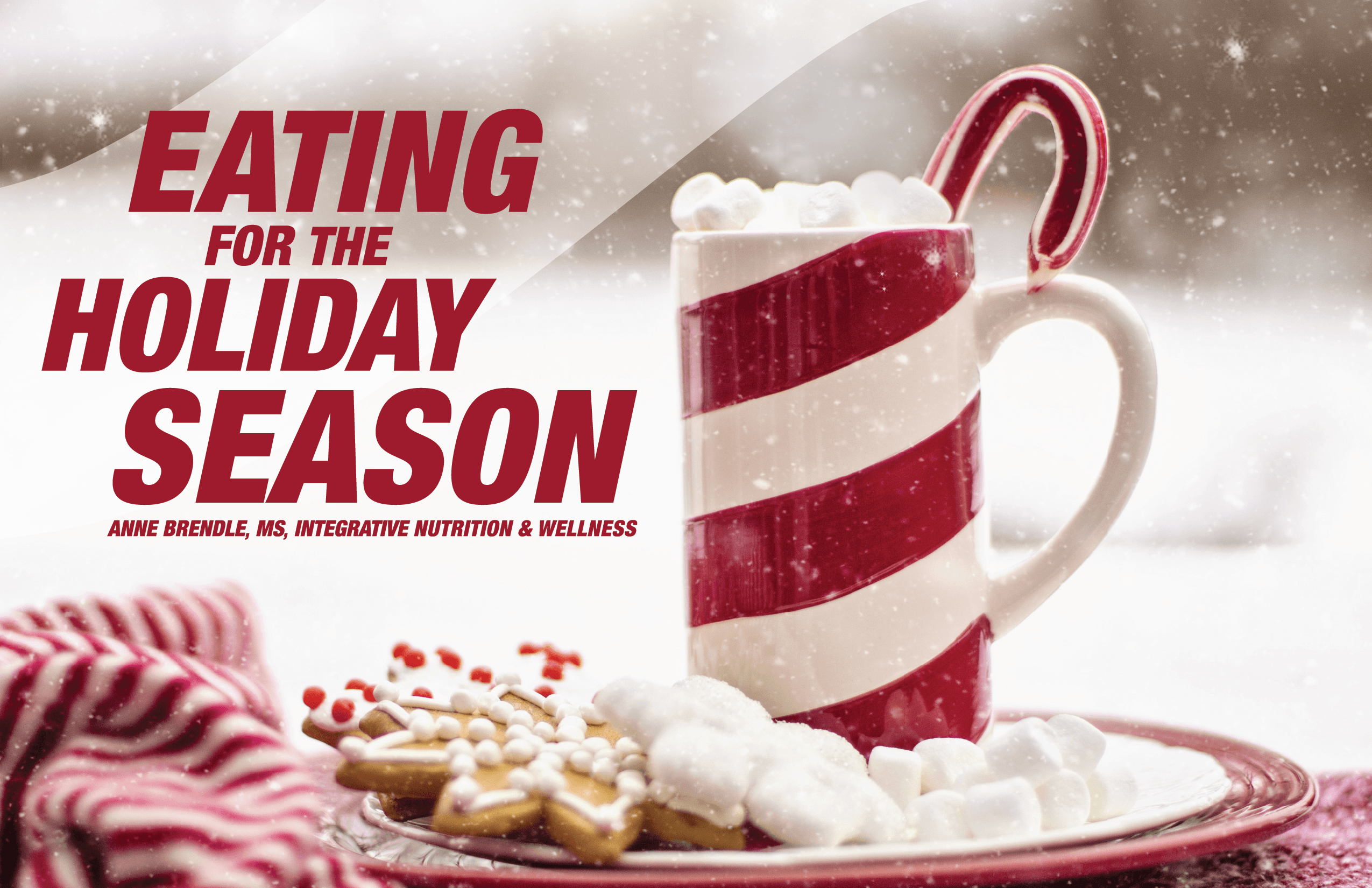
One undeniable element of the upcoming holiday season is sugar! It seems every family, work or social event around the holidays offers an array of sugary treats and beverages that threaten to de-rail even the most conscientious eater.
How can you prep for, make it through and recover from the holiday season without going into sugar overload? Here are some tips to get through:
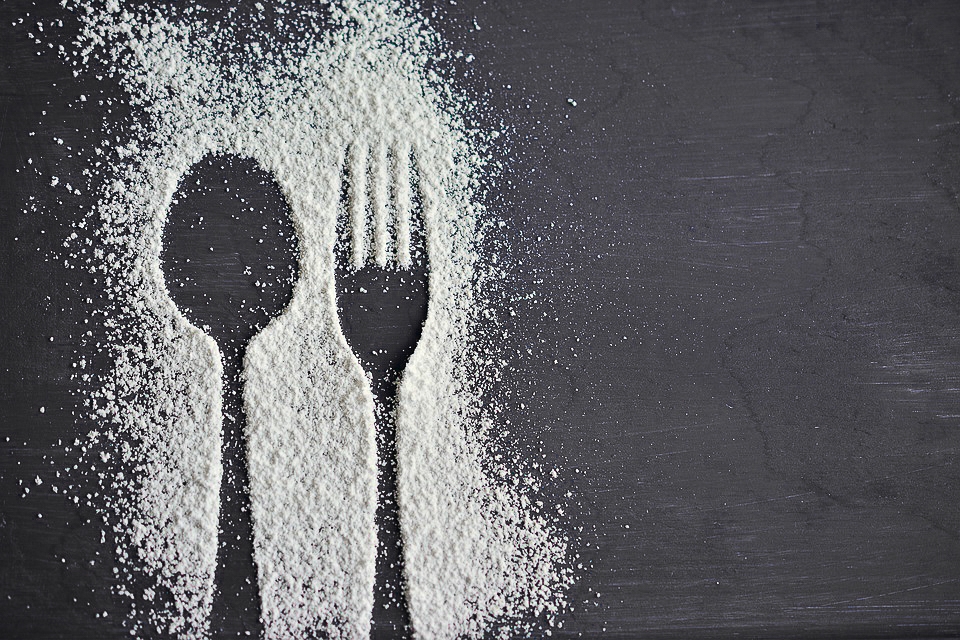
1. Determine why it is important to you to avoid excess sugar
Our gut is host to trillions of bacterial cells. Beneficial bacteria plays many important roles in our health such as helping to maintain healthy digestive function and metabolizing toxins. Unfortunately, inflammatory bacteria can overgrow causing gut permeability and an overload of the immune system. Inflammatory bacteria feed on sugar. So those tempting treats are actually food for the inflammatory bacteria in our gut.
2. Get a jump start on the holidays by looking for and avoiding sources of excess sugar in your diet
Many sugars are added to processed foods and they are not all named as sugar on the label. Look out for dehydrated cane juice, dextrose, evaporated cane juice, high fructose corn syrup, maltodextrin and turbinado among others. Ingredients ending in -ose indicate sugar and ingredients that end in -ol will typically be a sugar alcohol.
Focus on whole foods avoiding processed and pre-packed foods as much as possible.
3. Don’t go to an event hungry
It will never be harder to resist the dessert table or eat in moderation as when you are ravenously hungry. Having a small meal at home before going out that consists of a protein, carbohydrate and healthy fat will keep your blood sugar stable and help you make good choices at your event.
4. Avoid the mixed cocktails
Sugary mixes can be a big trap on a night out. Not to be a literal “buzz-kill” but alcohol contains 7 calories per gram and is therefore more calorie-dense than protein or carbohydrates. Additionally, our bodies start to metabolize alcohol preferentially once it is consumed meaning stored fat will not be metabolized until the alcohol is.
Best bets will be a dry red wine or spirits such as gin or vodka with soda water and lemon or lime.
5. Make Healthy Swaps
While whole grains can be a part of a healthy diet, they do elevate blood sugar and it can be helpful to swap greens for grains. Whole grains contain more fiber than refined grains but it is still a relatively low amount. A slice of whole wheat bread contains 2 grams of fiber and 12 grams of carbohydrates (made of starch and sugar) compared to a 1/2 cup of cooked spinach which contains 2.5 grams fiber and 4 grams of carbohydrates.
Best bets if you are having grains are whole-kernel ones such as quinoa, millet and buckwheat. They have a more complex structure and are therefore slower to digest resulting in less impact on your blood sugar. Steel cut oats go through minimal processing and can also be a good choice.
6. Ramp up exercise
Finding ways to add in a few minutes more here and there can add up! When you are nearing the end of your workout try adding on 10 more minutes, take the stairs whenever possible, and pass up the nearby parking spot in favor of a further one. Look for “fitness friends” – planning social events around something other than eating and drinking can be a great way to keep everyone feeling healthy throughout the holiday season.
7. Stop Feeling Guilty
Studies have shown that individuals who enjoyed what they were eating without feelings of guilt were less likely to overeat and more likely to reach their weight goals than those who experienced feelings of guilt while indulging. The bottom line? On occasion, have the dessert in a moderate amount, enjoy it mindfully and stick to your overall eating plan.
Anne holds a Masters degree in Nutrition and Integrative Health from Maryland University of Integrative Health. Anne’s approach is to look at you as a whole person and not just as a set of symptoms. Your personal history, genetics, environment and lifestyle are all important components of health and chronic disease and Anne utilizes this information to create a complete set of customized recommendations to make your goals obtainable. Anne has been teaching Pilates for 16 years and has conducted teacher training programs and continuing education workshops around the U.S. for Power Pilates. In addition to Pilates and Nutrition, Anne has been teaching Redcord Suspension Training for 8 years. Outside of teaching, she can be found running, indoor rock climbing, taking fitness classes around town and playing with her eight year old daughter who is her ultimate motivator to be healthy. contact Anne at anne@annebrendle.com or 404.808.8639


